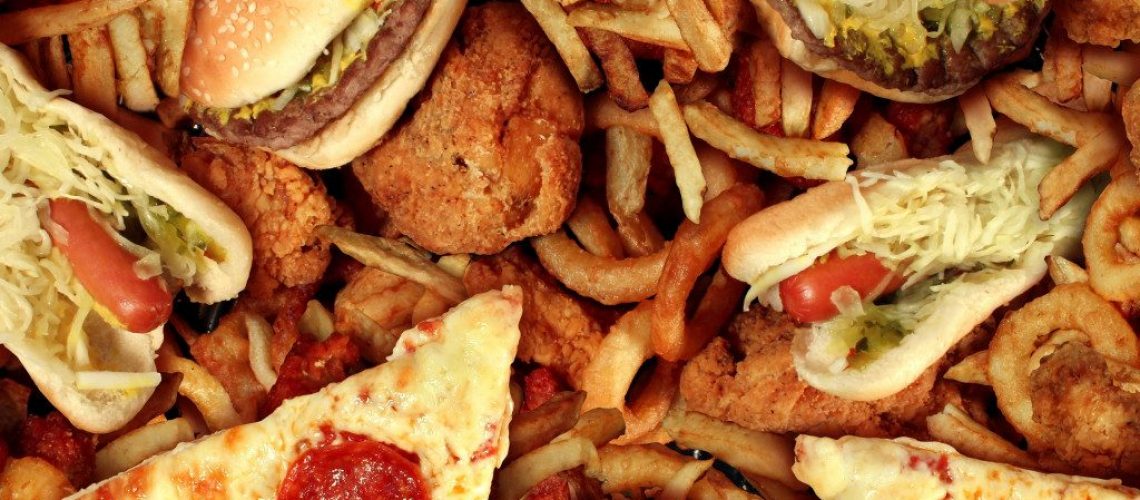Everyone cherishes their unique tastes, food preferences, and adoration for certain cultures and specific cuisine. Whether that’s sizzling wagyu beef on a platter or a guilt-free scoop of ice cream on the weekends, comfort food defines our palates. Plus, nothing beats the sheer ecstasy people receive from trying new flavors, seeing which ones work best with their appetite, and adding another dish to the long catalog of year-round favorites.
However, when put in the context of emotional eating, comfort food’s reputation quickly switches from good to worse because it becomes anyone’s pick-me-up choice to help get through a bad day. And while a few bites never hurt anyone if they helped them get back on their feet, fleeting pleasures can turn into an obsession that spirals to excessive amounts of binge-eating episodes that you wouldn’t normally do.
Why Does It Even Happen in the First Place?
Realistically, people can have various reasons behind emotional eating episodes, where one person blames a family problem versus another who’s facing difficulties in their academic journey. But among the three most common ones that most people universally share include (1) financial worries clogging up their thought process, (2) career stress and performance pressures from work, and (3) personal struggles without any venue to vent and receive proper advice.
-
Financial Worries Loiter Your Mind
Although we’ve long since recovered from the initial days of the global pandemic, that’s not to say everything else in the world is doing fine because omicron cases continue to rise, causing inflation fears to worsen. And if you’re like the hundreds of thousands of people out there who are still in and out of employment opportunities, trying to make ends meet in today’s circumstances is a lot harder. As a result, you can’t blame anyone for reaching out to comfort food to make sense of the worries.
-
Career Stress and Performance Pressures
The work landscape is changing. While innovations and career development are expected, the reign of emerging technologies is brewing up a storm in many industries and business sectors worldwide. Nowadays, you can’t simply afford to only have a set of general skills because more specific responsibilities are in demand, and workplaces are also transforming in conjunction. That being the case, it’s no surprise why people get a lot of slack from work and can’t seem to keep up.
-
Personal Struggles Without Positive Venting
One of the biggest culprits of causing emotional distress leading to excessive eating habits is when people go through personal struggles without any positive way of venting out their frustrations. And because they don’t have anyone they can talk to or maybe family is a bit too far away to meet over coffee, they resort to comfort food to fill in that empty feeling. Put two and two together, and it becomes a recipe for disaster that keeps getting worse.

Here’s What You Should Do Instead
Knowing some of the most common reasons, it’s pretty clear that redirecting all that negative energy into something other than comfort food is the best solution to avoid excessive emotional eating episodes. And depending on the type of activities you prefer, we recommend a mix of (1) destressing with exercise, (2) taking part in regular meditation, and (3) confiding with a friend or family you can open up to easily.
-
Destress with a Bit of Physical Activity
Exercise is one of the best ways to get the most out of negative emotions and put them to good use. And instead of racking up your calorie count for the day, you get to enjoy the benefits of being active and working your muscles. Plus, once you’ve built a great foundation, you can take things a step further with body contour treatment for those difficult-to-tone areas.
-
Practice Mindfulness and Utilize Meditation
Most people associate mindfulness exercises and meditation with the monks they see on TV shows and films, but there’s so much more you can benefit from if you tried it yourself. In the case of negative emotions, a few minutes in complete silence and reflecting on your thoughts can help you find a solution and find peace because you drown out all the unnecessary noise.
-
Make a Quick Call to a Friend or Family
Of course, if any of the problems and mixed emotions you’re feeling right now seem much larger than you can handle, making a quick call to a friend or family is guaranteed to help. Sometimes, all we ever really need is to get everything out of our chest and off our shoulders to start connecting the dots, and when someone’s listening intently, you feel heard.
Embrace Your Emotions, but Don’t Let Them Dictate Your Actions
Emotional eating is no easy issue to overcome, and while it may not seem like a bad thing at first, it can quickly escalate into something beyond your control. So, instead of letting these emotions get so erratic and begin to affect your eating habits, try some of the advice above to help mediate some of the problems.

